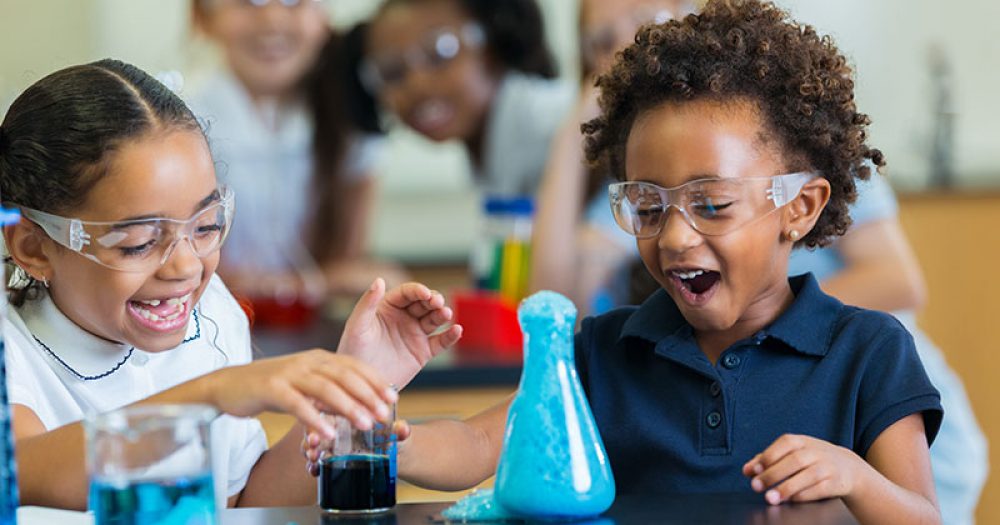As a core subject in the national curriculum, science is hugely important in helping children begin to understand and reason about themselves and the world they live in. The content covered aims to support development in myriad ways, such as helping children to live healthy lives, make informed choices about how to positively impact their environment, as well as laying the foundations for science study in later years.
Despite its acknowledged importance, there is still uncertainty about what makes for effective teaching of primary science.
Keen to remedy this, a team of researchers, of which I was a member, undertook a systematic review that was led by Judith Bennett and Lynda Dunlop at the University of York, funded by the Education Endowment Foundation (EEF).
This involved searching a wide range of research databases and beyond, looking for studies reporting on the effects of different approaches to primary science curricula, teaching and assessment. A total of 15,476 studies were identified and filtered down to 90 of the most relevant and rigorous.
So, what did we find?
Study findings highlighted the importance of increased talk as a means to help pupils identify prior knowledge and evidence to support their thinking, as well as integrate new ideas, practise articulating these and receive feedback from peers and teachers.
A number of studies that looked at the use of cooperation and collaboration approaches – such as collaborative writing, discussion and online collaboration – reported positive effects on pupil attainment and attitudes.
Study findings highlighted the importance of increased talk
Formative assessment approaches – such as individualised feedback to pupils and peer assessment – also showed a positive impact. Such practices create opportunities for meaningful classroom interactions focused on the learning goals, and time for thinking and talking.
Finally, several studies pointed to the potential positive effects of giving children opportunities to learn outside the classroom, whether in school grounds and local habitats or field visits to such places as science centres, planetaria and nature parks.
All of our findings have been used to inform a new guidance report from the EEF, offering actionable, evidence-informed recommendations for teachers and science leads to implement in their settings.
Improving Primary Science offers six recommendations based jointly on the systematic review and on the views of an expert guidance panel of teachers:
- Develop pupils’ scientific vocabulary
- Encourage pupils to explain their thinking, whether verbally or in written form
- Guide pupils to work scientifically
- Relate new learning to relevant, real-world contexts
- Use assessment to support learning and responsive teaching
- Strengthen science teaching through effective professional development as part of an implementation process.
Taken together, these recommendations should do much to demystify what great primary science teaching looks like in practice.













Your thoughts